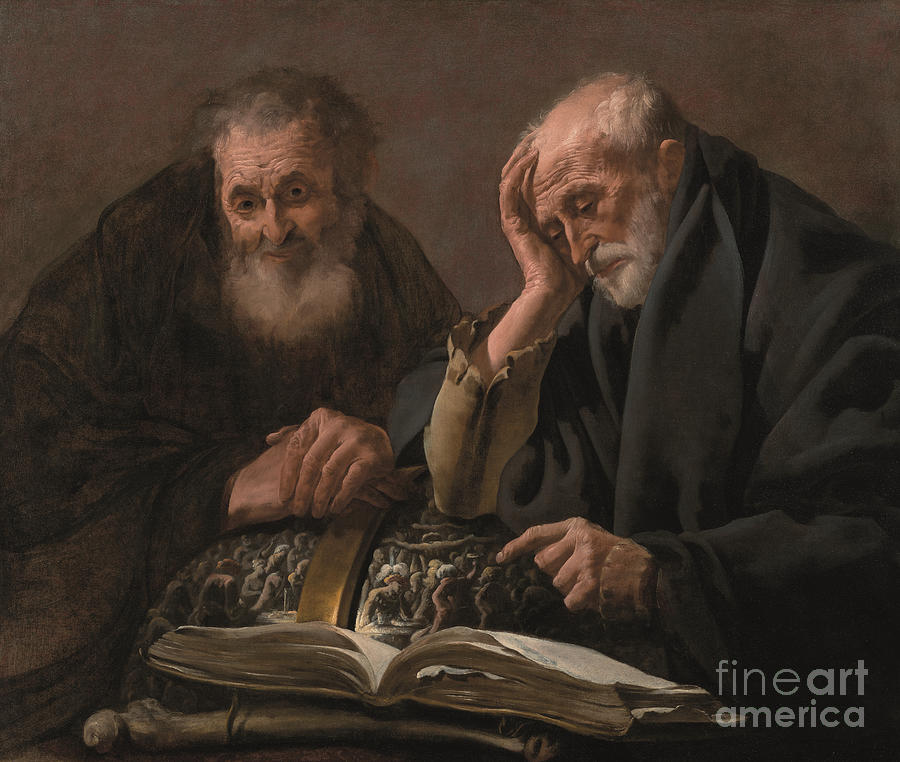For the frustrated soul in a broken world, freedom is more temptation than promise, especially considered as two apparently opposite options. First is the Confucian Gentleman, who lives the freedom of the mature and moral man. He is described in Confucius’ famous “autobiography” that culminates in the assertion that, at 70 years old, he can follow every desire of his heart and never veer from the path of morality. This is the moral marvel of those positive souls that think they can become virtuous. This is the temptation of the proud and self-assured. It is, perhaps at its most realistic, the temptation of those whose moral standards are low enough to be met. The opposite option is the Nietzschean Overman. Here morality is abandoned, not for wild self-indulgence, but because it is seen to be empty, meaningless, the self-delusion of those finite souls that think a few hundred years of human “progress” is evidence of our perfectibility. But the Overman sees in all morality the self-conflict of the soul, the division of the individual. And so, when God dies and morality fades away like the echoes of His death rattle, the Overman discovers himself free. Thus is the Overman like the Gentleman, free of moral concern, free of moral duty, free to act in any manner he pleases. This is the tmeptation of the despairing. And as the Confucian Gentleman is more likely in our world to be the self-confidence of those those moral standards are low enough to be met, so is the Nietzschean Overman more likely to be the adolescent indulgence of those who hide moral virtues in the darker corners of their dishonest hearts.
-
Recent Posts
Recent Comments
- Catherine on From Spirituality to Theology
- Catherine on From Spirituality to Theology
- John Bauer on As the Waters Cover the Sea
- Sandy on Blood and Gods
- Kent on The Abandonment of Objectivity
Archives
Categories
Meta
